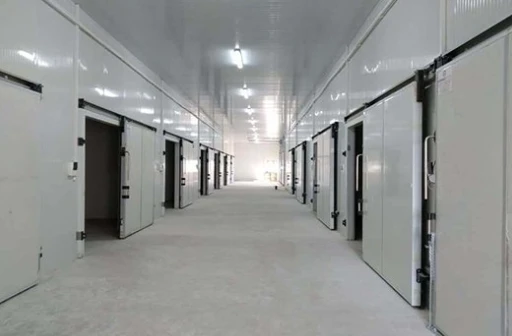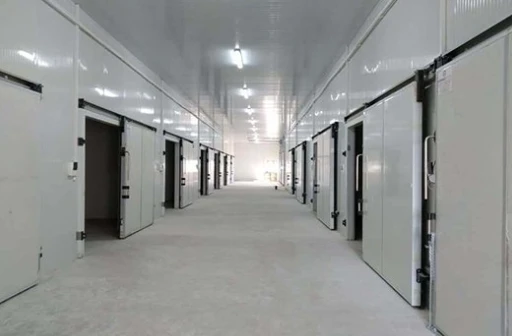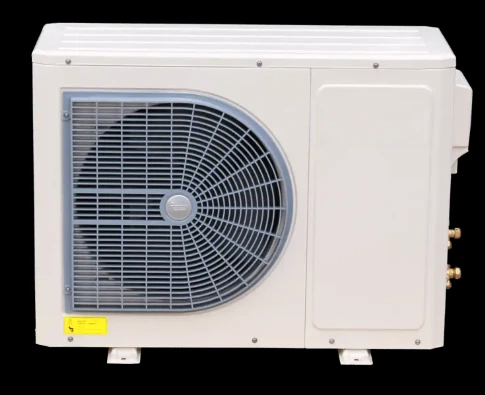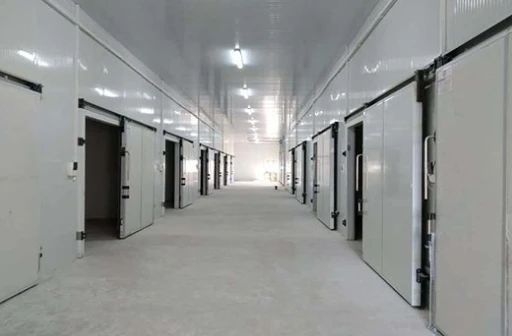Water Chiller Essentials: Everything You Need to Know
Water chillers are indispensable in various industries, ensuring precise temperature control for processes, equipment, and environments. Whether it's cooling machinery in manufacturing plants, preserving perishable goods in the food industry, or maintaining comfortable indoor climates in commercial buildings, water chillers play a vital role. In this comprehensive guide, we'll cover everything you need to know about water chillers, from their functionality and types to their applications and benefits.
- How Water Chillers Work:
Water chillers operate on the principles of thermodynamics, utilizing refrigeration cycles to remove heat from water or other fluids. The basic components include a compressor, condenser, evaporator, and expansion valve, which work together to circulate refrigerant and cool the water.
- Types of Water Chillers:
Water chillers come in various types to suit different applications and environments. Common types include air-cooled chillers, which dissipate heat using ambient air, and water-cooled chillers, which use water for cooling. Additionally, there are absorption chillers, centrifugal chillers, and scroll chillers, each offering unique features and benefits.
- Applications Across Industries:
Water chillers find applications across a wide range of industries, including manufacturing, food and beverage, pharmaceuticals, HVAC, and data centers. They are used for cooling processes, machinery, equipment, and environments, ensuring optimal conditions for productivity, quality, and safety.
- Benefits of Water Chillers:
Water chillers offer numerous benefits, including precise temperature control, energy efficiency, reliability, and scalability. They help improve productivity, product quality, and equipment longevity while reducing operational costs and environmental impact.
- Energy Efficiency and Sustainability:
Modern water chiller systems incorporate energy-efficient components and eco-friendly refrigerants to minimize energy consumption and environmental impact. By choosing energy-efficient chillers, businesses can reduce carbon emissions and contribute to sustainability efforts.
- Maintenance and Care:
Proper maintenance and care are essential to ensure the optimal performance and longevity of water chillers. Regular inspections, cleaning, and servicing by qualified technicians are necessary to prevent breakdowns, optimize efficiency, and extend the lifespan of the equipment.
In conclusion, water chillers are essential components in various industries, providing efficient and reliable cooling solutions for a wide range of applications. By understanding their functionality, types, applications, and benefits, businesses can make informed decisions to meet their specific cooling needs and maximize productivity and efficiency.






